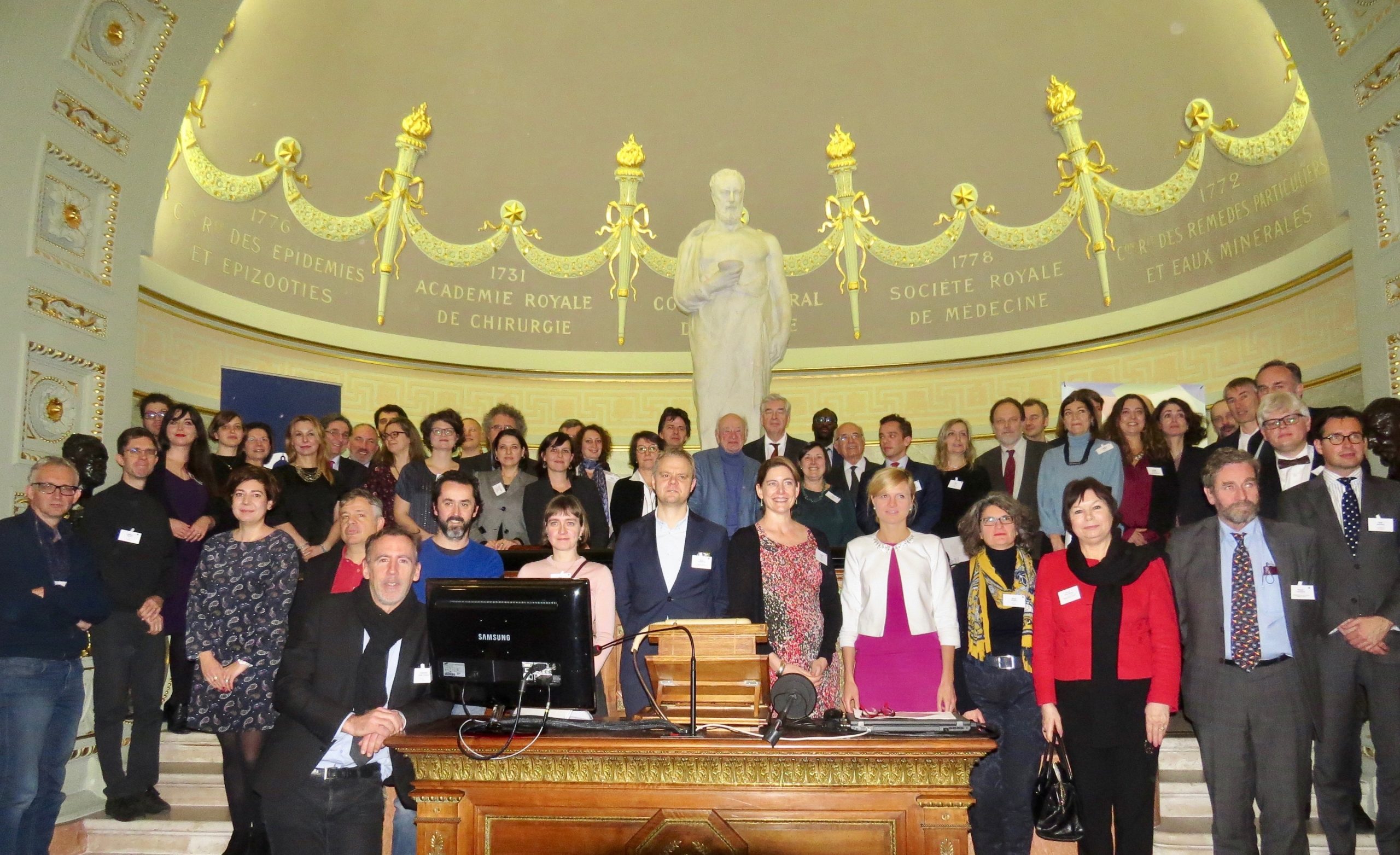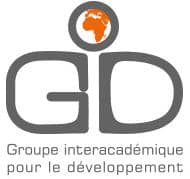
In sharing diverse experiences and studies about new knowledge on past and present Science Diplomacy in Europe , InsSciDE Project intends to settle tools for practitioners, the European Union and Member States. The InsSciDE Project’s objectives are to:
1. Reveal and connect multiple European experiences, showing how and why science and diplomacy have been combined and coordinated (or not) by Europe and by Member States when addressing global challenges.
2. Map this knowledge into theoretical and strategic frameworks.
3. Generate guidance for policy reflection and action choices at both EU and Member State levels: strategy, best practices for science diplomats, awareness and training activities for stakeholders.
4. Foster dialogue, competence-building, self-reflexivity, networks, and inter-professional linkages among practitioners and other stakeholders.
5. Disseminate the learning to a wide audience and sustain its continuing use.
The launch event brought together « Inventing a Shared Science Diplomacy for Europe » -InsSciDE’s relevant stakeholders with its scientific Advisory board members : Catherine Bréchignac, Ambassador of France for Science and Perpetual Secretary of the French Academy of Sciences, Thierry Courvoisier, President of the European Academies Science Advisory Council (EASAC), Edgar Morin, Chairman of the Scientific Council of the « Institut des sciences de la communication CNRS » – ISCC, and Laurence Auer, Director of culture, teaching, research and networks, Ministry of foreign affairs, France, and Flavia Schlegel, Assistant Director-General for Natural Sciences at UNESCO, also took the floor.
A discussion panel allowed scientific Counselors, Advisors or Attachés from Hungary, Belgium, the Netherlands, the United States and the Russian Federation stationed in Paris (as well as a representative of the British Council) to illustrate their current perceptions, experience and expectations.
These individuals laid the foundation for InsSciDE in front of an audience composed of prominent players in the science diplomacy field (scientists, diplomats and academic specialists).
Edgar Morin, in his closing address, emphasized that scientists, diplomats, policy makers and civil society must help each other in the complex endeavor of addressing global challenges. He called for a heightened world consciousness of collective action for the greater good, through the creation of a high council of leaders including spiritual authorities.
Background :
The European Commission has called for the development of effective science diplomacy for Europe. InsSciDE – Inventing a shared Science Diplomacy for Europe – is a project funded under Europe’s Horizon 2020 framework. It is coordinated by Professor Pascal Griset of Sorbonne Université, Director of the Institute of Communication Sciences (CNRS). The consortium includes 14 institutes of research or training from across 11 European Member states as well as UNESCO. The 4-year project will engage historians of science and technology, networks of diplomats and scientists, experts of strategy and policy makers to bring science diplomacy into the foreground and better use it. InsSciDE starts with the hypothesis that Europe and Member states possess a great capital of science diplomacy experience – but today this is fragmented, heterogeneous and under-utilized. There is a need to reveal, formalize and communicate this intangible capital, develop its conceptual bases and elaborate tools to help European science diplomacy emerge and blossom.
In four years (2018-2021) the project will investigate past and present experience, co-construct insights with practitioners, and provide theoretical and strategic frameworks and guidance to support stakeholder awareness and informed policies within the European Union. InsSciDE will produce knowledge-based discussion material to help prepare practitioners, train hundreds of young professionals, and disseminate results over a broad global audience.
InsSciDE focuses on several Sustainable Development Goals, including SDG 3: Good health, SDG 7: Affordable and clean energy, SDG 13: Climate action SDG 15: Life on Land, SDG 16: Peace, justice and strong institutions and SDG 17: Partnerships for the goals.
Download the program of the InsSciDe Project Launch Event, held on january 26 – 2018 at Académie nationale de Médecine.
For more information, you can also visit:

